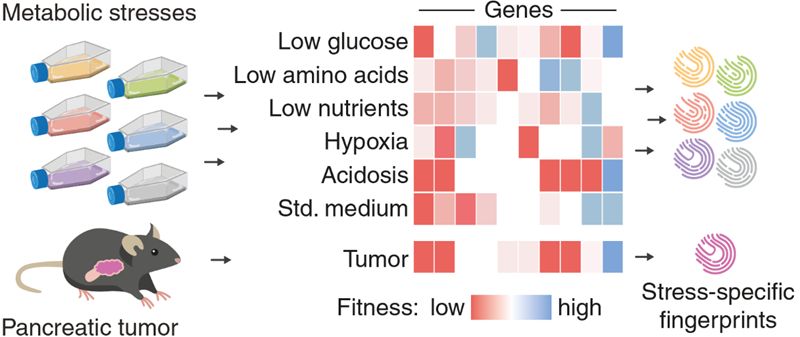
And more about Robert's thesis here: imp.ac.at/news/article...
@vbcscitraining.bsky.social, @viennabiocenter.bsky.social, @johanneszuber.bsky.social, @fbzt.bsky.social
And more about Robert's thesis here: imp.ac.at/news/article...
@vbcscitraining.bsky.social, @viennabiocenter.bsky.social, @johanneszuber.bsky.social, @fbzt.bsky.social
More reading: www.imp.ac.at/news/article...
More reading: www.imp.ac.at/news/article...







